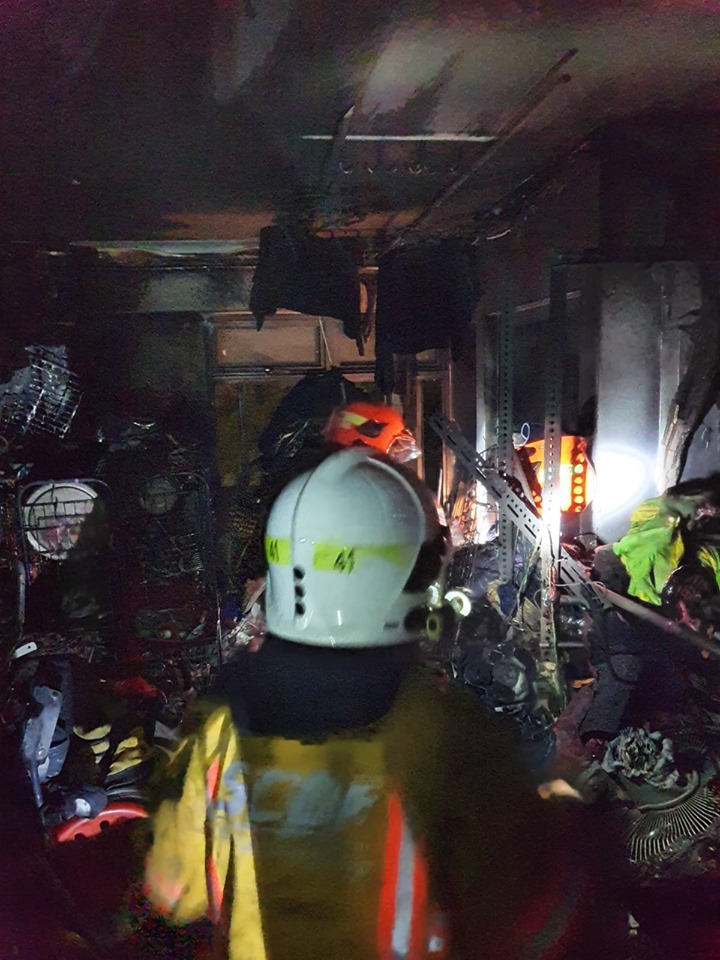Based on a new study by Kisi – a keyless access technology company – released on Wednesday (7 August), it was found that Singapore performed badly when it comes to work-life balance as it placed in the bottom quarter of 40 cities.
The city-state took the 32nd spot, although it is still placed higher than other selected Asian countries like Hong Kong, Tokyo and Kuala Lumpur.
This is mainly due to the high amount of time Singaporeans dedicate to their jobs.
If that is not all, Singapore was also placed second for top overworked cities, which included factors like vacation days taken, paid maternal and parental leave as well as the amount of full-time employees working more than 48 hours per working week.
The study titled “Cities for the Best Work-Life Balance 2019” revealed a ranking of cities based on their success in promoting work-life balance to their citizens by comparing data on work intensity, institutional support, legislation and livability.
Upon gathering the results, the cities that scored really well and topped the chart for overall work-life balance were Helsinki, Munich and Oslo. On the other hand, Kuala Lumpur, Tokyo and Buenos Aires took the bottom three spots.
In terms of how these 40 cities were picked, Kisi said all these cities were included because they’re known to attract professionals and families for their work opportunities and diverse lifestyles offerings.
After the selection, the cities were then given a score based on 20 factors. Apart from work intensity factors, other points considered were related to society and institution, like gender equality and access to mental healthcare, as well as city livability factors such as safety, air pollutants and outdoor spaces.
As for how the data was gathered, it was taken from different sources including government and international organisation databases, other published indexes and companies like Expedia and USB,
Kisi chief executive Bernhard Mehl expressed that he hopes the results of the study will emphasise the need to do more research into taking care the well-being of citizens in order to curb the psychological and economic costs of workplace stress.
“Despite living in an era where unprecedented advancements have been made in technology and connectivity, we have failed to address the most everyday aspect of enhancing our everyday lives-finding the balance between work and leisure,” he noted.
Even though Singapore ranked poorly in terms of work intensity and how society and institution support individual wellness, but the city-state managed to take the 11th place when it comes to city liveability. This is because the study found that it has low levels of air pollution, high levels of safety and good general wellness and fitness.
In addition, other findings that comprised in the study include arrival times at work, with employees in Washington D.C. and Hong Kong starting at the latest time of 10.30am while people in San Diego start earliest at 8.09am. As for Singapore, the study found that workers generally clock in at 9.34am on average.
Kisi highlighted that the index does not mean to be a city liveability index or emphasise the best cities to work in. In fact, it looks at providing a guideline “for cities to benchmark their ability to support the fulfilment of residents’ lives by improving the aspects of life that help relieve work-related stress and intensity”.
After reading the results gathered in the study, many netizens voiced their disapproval towards the findings. Commenting on ST’s Facebook page, many of them rubbished the study’s explanation that says that Singaporeans don’t have a work-life balance because they’re dedicated to their jobs. Instead, they said that they’re actually forced to be at work longer.






Others say that there is no such things as work-life balance as they all have to work longer in order to survive in the country due to the high cost of living. Some said that if they request to leave work early, then they might lose their job and end up being unemployed or work as a Grab driver. A few also said that they have to work overtime (OT), which removes their chance of having a work-life balance, and if they refuse to do OT, then they may lose their jobs and have no means to survive in this highly-competitive country.





A bunch even said that the working condition in Singapore is so bad that many end up feeling like slaves because no matter how hard they work, their living standards don’t seem to improve due to inflation and other “ridiculous taxes that the government is intending to add”. This means that they will have to slog throughout their lives.


Subscribe
Login
0 Comments







